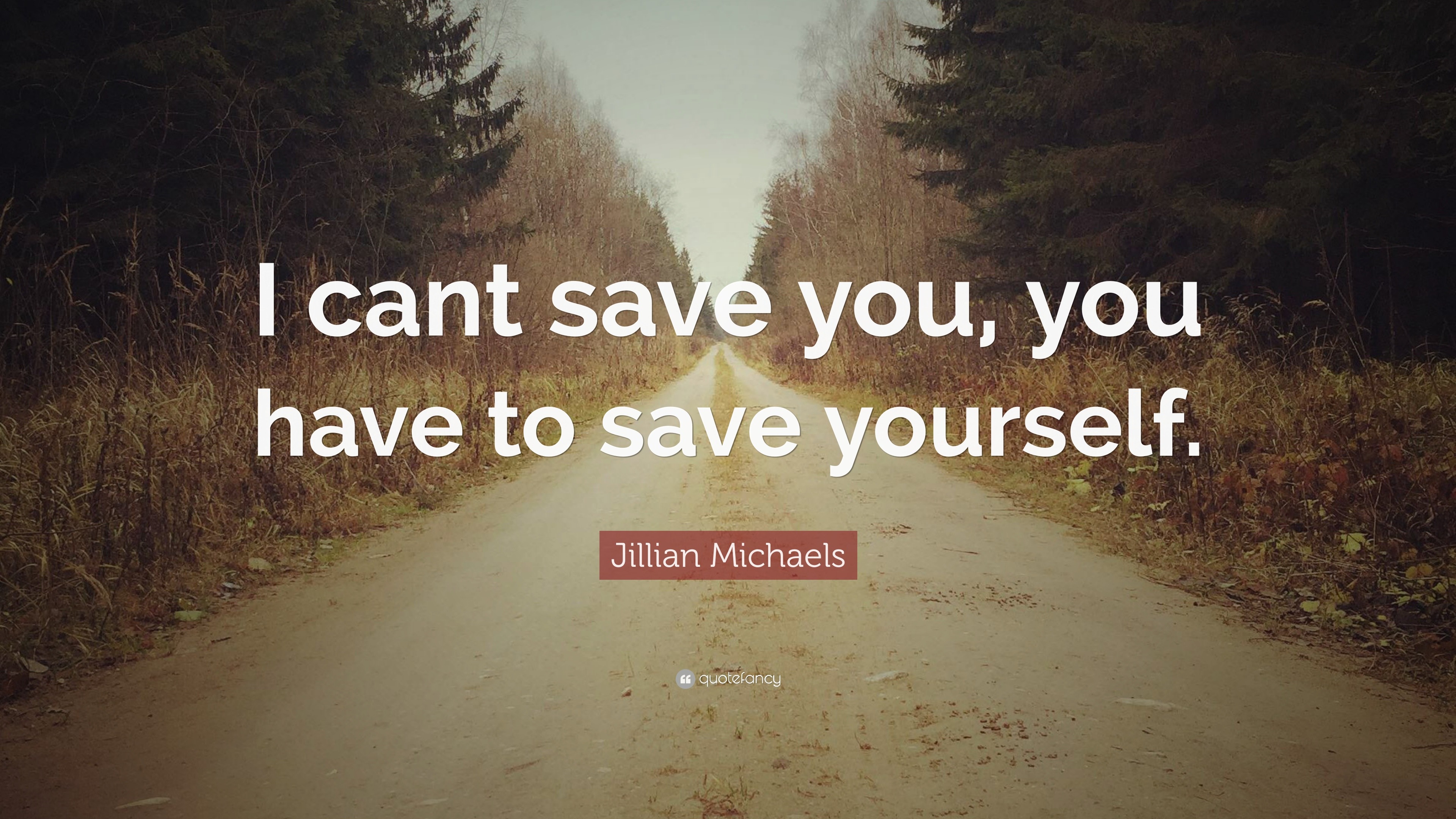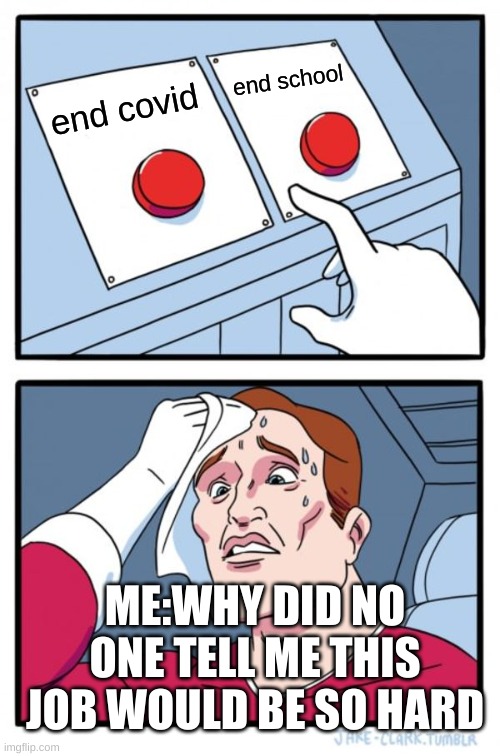

What You Can Compost What You Can Compost at HomeĬompostable food service ware and compostable bags*

The nitrogen-rich materials heat up the pile to create ideal conditions for the material to breakdown. Nitrogen-rich materials (“greens”) include grass clippings and food scraps.

The carbon-rich materials provide food for the microorganisms to consume and digest.
Carbon-rich materials (“browns”) can include dry leaves, plant stalks, and twigs. The ingredients for composting include a proper balance of the following materials: Alternatively, vermicomposting can be done indoors (more information is below).Ĭomposting in Your Backyard Ingredients for Composting If you don’t have an outside space for composting, consider participating in a local community-based composting program, which may collect your food scraps or have a designated location where you can drop them off. Vermicomposting (worm composting) with a bin. Backyard composting with a pile or a bin you can build yourself or purchase. There are different ways to compost at home: You can use your compost to build healthier soil, prevent soil erosion, conserve water, and improve plant growth in your garden and yard. You save money by producing a free, high quality soil amendment – compost, which reduces your use of fertilizer and pesticides. Composting involves minimal effort, equipment, expense, and expertise, and can be fun. You reduce the volume of materials that might otherwise be disposed in landfills or trash incinerators - leaves, grass clippings, yard trim, and food scraps – and prevent powerful greenhouse gases from being emitted into the atmosphere. Composting is a resourceful way to recycle the food scraps and yard trim you generate at home all year and manage your waste more sustainably. By turning our food scraps and yard trim into compost, we can transform our waste streams into a beneficial, value-added soil amendment and use it to protect the environment and create resilient communities. It is one of the most powerful actions we can take to reduce our trash, address climate change, and build healthy soil. If you are a community looking to support your constituents in their efforts to compost at home, or wish to increase participation in a curbside collection program, you may be interested in the following resource: Composting Food Scraps in Your Community: A Social Marketing Toolkit.Ĭomposting is nature’s way of recycling.







 0 kommentar(er)
0 kommentar(er)
